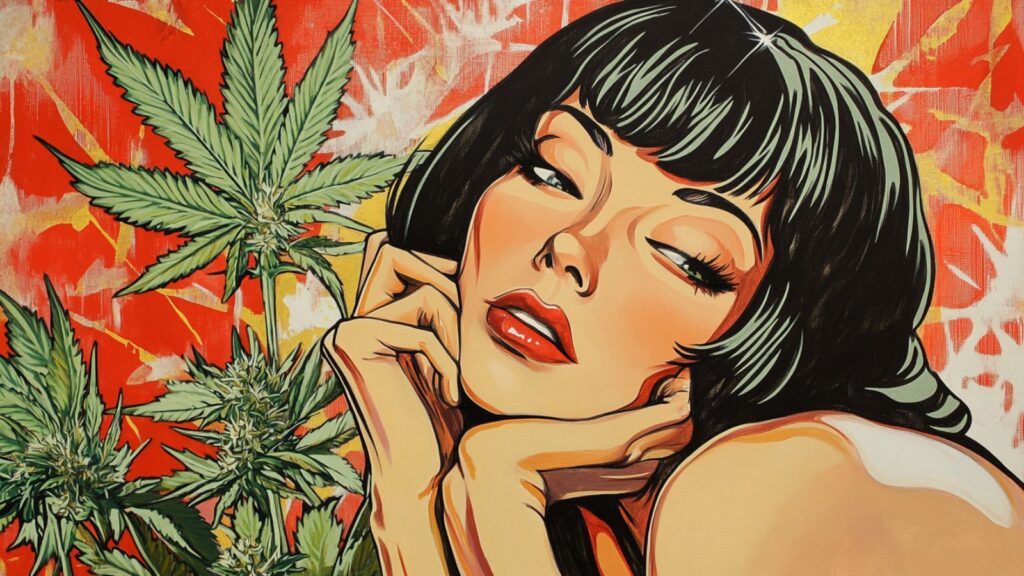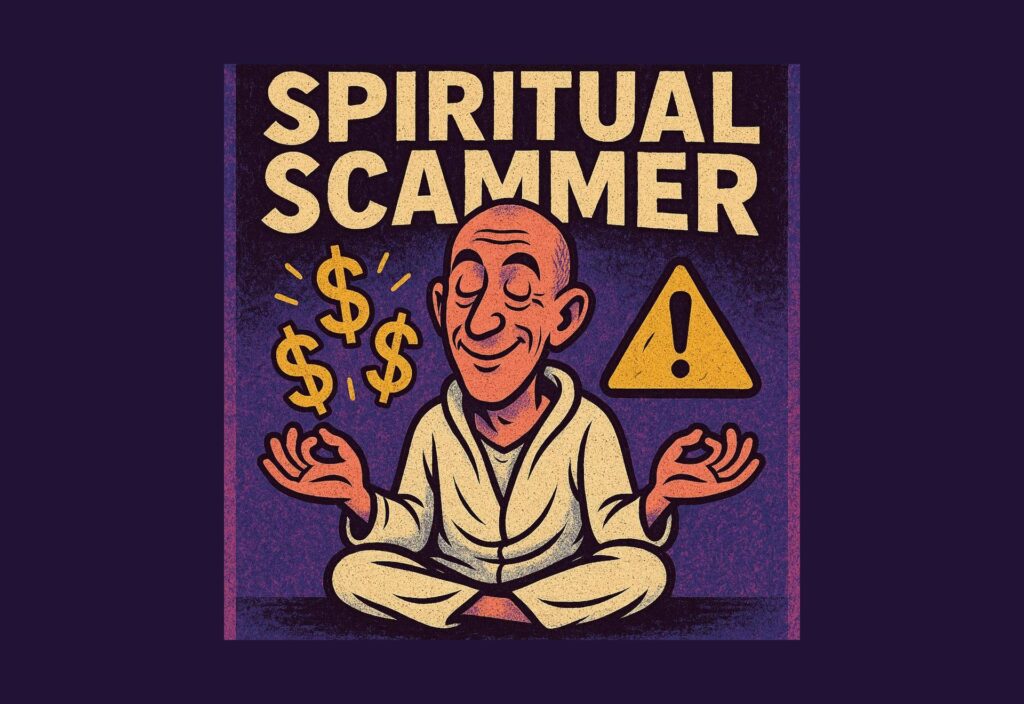What is Harm Reduction?
Broadly, harm reduction is an evidence-based outlook that prioritizes reducing negative consequences of substance use. Harm reduction education recognizes the reasons people choose to take substances are complex and not always illegitimate. It does not seek to demonize or penalize substance use and is agnostic to the morality of using substances.
The reasons people use substances are as varied as the reasons that they choose to consume anything. Many use substances for purely recreational reasons as part of an active lifestyle. Others use substances for self-exploration. Many psychedelics are used as a tool for mind and consciousness expansion, similar to how some may use snowshoes to explore a treacherous mountain. Substances can also be part of religious ceremony, such as wine being the embodiment of the blood of Christ. One of the most obvious examples of substance use is therapeutic, ranging from morphine in surgical procedures and nitrous oxide in the dentist’s office, to recent research highlighting the potential of psychedelics to treat complicated mental disorders.
When we view substance use and abuse through the lens of harm reduction, we widen our perspective of the negative consequences of drug use, not as isolated events, but potentially part of a chain of circumstances.
At minimum, harm reduction acknowledges the undeniable failure of prohibition. The negative consequences of dangerous substance use persist even when prohibition is enforced. Some may argue that prohibition worsens the negative consequences by driving activity underground. There, it is beyond the support of society, instead fueling the black market.
Why Prohibition?
The conservative argument against harm reduction is that drugs are the root cause of negative consequences. Thus, we must necessarily limit individual liberties. Isolating substance use as the sole contributor to negative consequences is not based on evidence. Rather, this belief relies solely on so-called moral claims surrounding substance use.
Why has there been such resistance to harm reduction policies? While there are many economic, political, and historical roots to prohibition, I argue that there is also a fundamental philosophical objection to psychoactive substances due to their effect on consciousness. Drug prohibition has proven resistant to evidence-based harm reduction policies because certain substances threaten our conception of free will. The perceived threat to free will triggers a collective existential fear. The law responds by simplifying its understanding of drug use through a reductive morality.
Law and Free Will
Drug abuse symbolizes the death of free will. Fundamentally, the legal state embodies order and control to protect us from our worse nature. On the psychosocial level, we abide by the law to avoid the guilt of compromising the social contract. Guilt is founded upon the assumption of the existence of free will, which the law expresses through the idea of mens rea. The standard common law test of criminal liability comes from the Latin phrase, actus reus non facit reum nisi mens sit rea, i.e., “the act is not culpable unless the mind is guilty.” The law inevitably takes the most extreme prohibition against substance use as a reaction to the threat to free will. No compromise is given for individual liberties because to lose one’s free will is equated with losing oneself. If the law were to soften its assumption on free will, it might lean toward a more restorative, rather than retributive, justice.
Individual Sovereignty
Societal laws use punishment for many reasons, but one relevant conception is punishment as a means to collect moral debt. Legal punishment is a system of revenge on those who act against the state or other law abiding citizens. We can envision the harshness of drug policies as a retribution for the moral disgust that users “cannot deal with themselves.” Individual sovereignty is an ideal held to the highest virtue (perhaps stemming from the ancient Greek tradition of individual virtue). To willingly take part in an act that admits a certain dissatisfaction with one’s “natural” state is a reprehensible crime.
Determinism of Drug Use
The current narrative surrounding drug abuse centers on the belief that substances are the root cause of the negative consequences that arise. In this sense, legal punishment and prohibition represent deterrence and therefore seek to protect the interest of the citizenry. However, at what point do substance users lose free will? What makes us so sure that drugs are the deterministic beginnings of negative consequences? What role do other deterministic inputs, such as abuse, trauma, and genetics play?
The law treats drugs as the deterministic vice that lures its victims through hedonism down to an unending cycle of abuse. In this view, marijuana is the “gateway” to this black hole, at the bottom of which lies heroin and hopelessness. If we took determinism seriously, we would question the broad reasons why people decide to use drugs and the even broader reasons why this use sometimes turns into abuse. The law reflects the former narrative because it simplifies the morality of drug use while, ironically, complicating the relationship between free will and determinism. The substance abuser is a “victim” of his own free will, determined the moment he decides to use substances. The argument of prohibition and punishment as deterrence simplifies the problem and, on a deeper level, seeks to preserve some notion of free will rather than give complete territory to determinism.
Logic of Morality, Not of Science
Why does the law allow certain substances that fundamentally alter our physiology, and not others? Crucially, the law relies on a moral injunction that some substance use is “bad.” However, on the level of logic, the letter of the law makes little sense. The scheduling of the drugs under the Controlled Substances Act (which is the template for most drug policy around the world) illustrates logical inconsistency. The conditions for Schedule I are substances with high potential for abuse; no medical use; and lack of safety under medical supervision. The majority of these substances are psychedelic compounds have little or no threat to physiological safety and, over history (and most poignantly in the last decade), show tremendous potential for medical use. In contrast, many drugs omitted from the list (most glaringly alcohol) show a high potential for abuse and danger to society.
Schedule I instead seems to encompass substances that fit a narrative of losing one’s self, either in a psychedelic sense or in an unending, helpless cycle of abuse. One explanation for the illogicality of drug scheduling lies in its complicated sociopolitical history. A psychoanalytic interpretation offers deeper insight into the potential reasons why these laws persist; namely, that the scheduling reflects a deep existential fear. This fear stems from the need to protect free will, and its cousin-concept, the “self,” in the societal narrative. The roots of such fear are as old as existence itself. When we hear the scare stories of the “bad trip that never ends” or the “high school valedictorian losing her life to drugs,” at the core is a fear of losing control of oneself.
What’s Really Going On?
Why does society seek to protect this loss of control with the utmost prohibition and punishment? Perhaps because, on some level, control can protect against negative and harmful acts. On another level, a loss of control destabilizes our notion that we are free agents in the universe. A law that is set forth to protect freedom and stand against chaos is itself compromised if we acknowledge that we are not as “free” as we seem. The law relies on the moral injunction that drugs are inherently bad to justify itself (Dr. Drew Pinsky and Duncan Trussell explore the topic of whether drugs are inherently bad or not; check out The Midnight Gospel).
The “Psychedelic Renaissance” and the Law
The psychedelic renaissance leads with the potential to revolutionize mental health. Depression, addiction, PTSD, anxiety—all of the children of the DSM—seem to buckle under psychedelic therapy. Participants are carefully prepared before the psychedelic session with the sage advice to “lean in and let go.”
Perhaps drug laws can similarly “lean in and let go” their moral fear towards substance use, if not to yield ground on the philosophical tug-of-war of free will and determinism, then at least to acknowledge the failure of prohibition. Psychedelic experiences often cause the individual to question fundamental beliefs that may have entrapped his conception of the world. Perhaps the collective psychedelic experience of the current renaissance can cause society to question fundamental tenets of law and order, and how these may entrap rather than protect.
RS Contributor Network Author: Rahul Sood
Rahul is a recent graduate from the Life Science and Management Program of the University of Pennsylvania. He is interested in exploring the idea of mental wellness through science, business, and philosophy. He is also the cofounder of the Intercollegiate Psychedelic Network. Secret “shower talents” include freestyle rap when no one is around; making a bad-ass omelet (secret ingredient, grated garlic); and manufacturing puns that make himself laugh.















